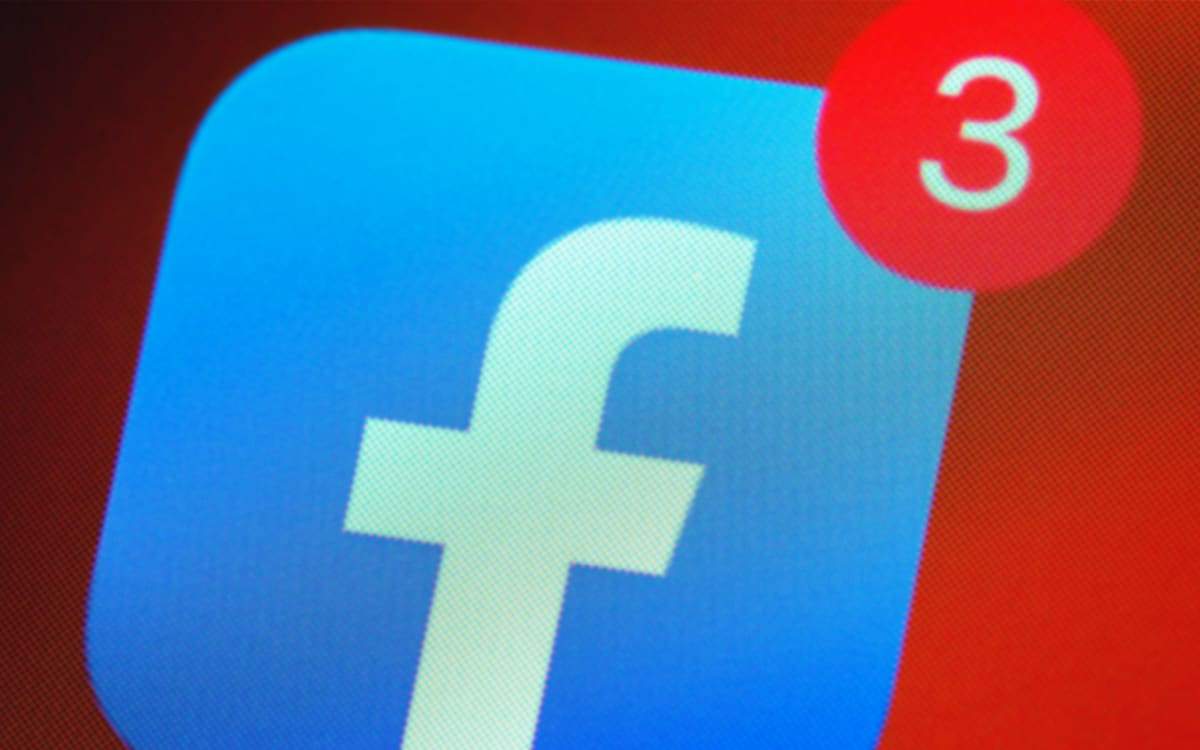
Internet users to the test of data leaks
Last April, 533 million Internet users, especially Facebook users, saw their personal information circulated on the web.
This file contained important information such as two phone numbers and email addresses. The essentials to massively launch a phishing campaign and all other cyber-malveillance activities of the kind.
This article will also interest you: Facebook would have been the victim of a data leak?
According to a computer security specialist named David Sygula " the Facebook file includes phone numbers, but on the other hand few email addresses – about 111,000 for France, or 0.5% of the Internet users in the file – so email attacks are already a little less likely. ».
This massive data leak draws attention to a very obvious reality that we have known for a very long time but which we still neglect: cyber criminals are constantly on the move and resent our data to hurt us. In the face of this situation, one must be careful especially when receiving an unknown text message or correspondence email. Obviously the advice and not just open it.

Often some Internet users wonder how to know that their data is in circulation. Well, there are platforms for that. For example, we have the haveibeenpwned.com website which of course lets you know if emails or phone numbers belonging to you are part of databases exchanged by hackers. The platform does have a fairly reliable reputation on the part of cybersecurity professionals. There is also another French platform this time Zataz.com, which offers my paid services for the watch of the sector for individuals.
However the warning remains the same, do not trust any online platform and entrust it with your personal data. You may have the risk of having them resold. For example, Jean-Jacques Latour, the head of the French platform cybermalveillance.gouv.fr, has always shown distrust of platforms such as haveIbeenpwned. "There's no guarantee of completeness" and "it might scare you for not much," he thinks.
But you should know that if you had already registered your phone number on Facebook before the year 2019, there is a good chance that you are one of those 533 million Internet users, whose information is sold on a hacker forum constituting about 20 million French people.
"The trap you can expect is to get a fake SMS saying hello it's Facebook, we've detected a weird connection on your account and inviting you to click on a link," says David Sygula, an analyst at CybelAngel, a data leak tracking company.
"You don't ask yourself any questions, you click on the link… and you are trapped, with the risk of being robbed of sensitive information, such as passwords or access codes, or of having spyware implanted on your device. he adds.
Moreover, Facebook's data leak should not be made exceptional. In practice, "the Facebook file "is nothing compared to the mass of stolen data that hackers constantly exchange or resell," explains Damien Bancal, the site manager Zataz.com,
"Last night, in four hours, I was able to access more than 150 different databases, giving private information that is sometimes very well segmented," he explains. "I have a shop that sells data from vehicle owners: names, first names, addresses, license plates, grey card data," he says. The level of confidentiality of the information, the size of the files, the degree of freshness of the data can determine the value of the exchanges. Every detail counts.
In practice the email address does not cost enough. From "a few cents per email address to a few hundred euros for the 15-20 million address pack," says Damien Bancal. "A list of email addresses of 40,000 addresses of company bosses (…) can be worth 500 to 1000 euros (550 to 1100 francs)," notes David Sygula.
Now access an unlimited number of passwords!